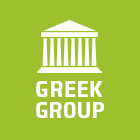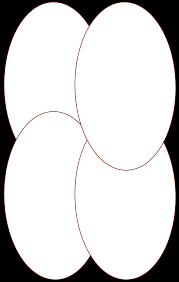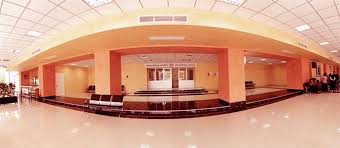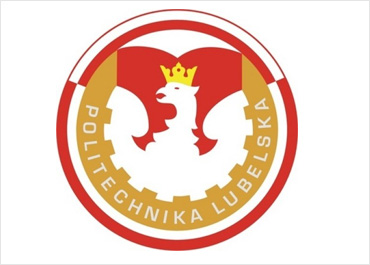ABOUT THE UNIVERSITY
The Georgian Academy of Medical Sciences was established in 1994. It was the first scientific academy established on an alternative basis in the former Soviet Union. The aim of the Academy is to promote the work of the Medical Service in Georgia. The main task of the academy is to create optimal conditions for the development of medical science in Georgia, including the development of priority areas for scientific research, the training of scientific staff, the introduction of advances in medical science, the development of short and long-term programs. Also, the function of the academy is to carry out consulting and expert work for governmental and other state structures. The Academy is a self-governing, self-funded, non-profit and non-governmental organization with its own charter and election regulations. The academy was founded by 29 doctors with the degree of Doctor of Medicine and the title of Doctor of Medicine, recognized by the society working in various medical specialties of Georgia. Among them were the leading specialists of Georgia from both the field of fundamental and clinical medicine. Among the founders of the academy were immunologists, morphologists, physiologists, pathologists, therapists, surgeons, pediatricians, doctors of critical medicine and other specialties. By the decision of the Constituent Assembly, all academics with medical specialties within the Georgian National Academy of Sciences became members of the Academy of Medical Sciences.
Basic Courses:
Basic Courses:
- Academic Writing
- Latin Language, Medical Terminology
- Bioethics
- Forensic medicine and Medical Law
- Methods of Scientific Research
- Health Care Management
- Computer Technologies
- Foreign Languages
Medico-Biological Courses:
- Medical Chemistry
- Medical Biochemistry
- Clinical Skills
- Biophysics
- Medical Physics
- Medical Biology, Genetics, Parasitology
- Human Anatomy
- Histology, Cytology, Embriology
- Human Physiology
- Topographic Anatomy and Operational Surgery
- Microbiology, Virology, Immunology
- Pathological Anatomy
- Pathological Physiology
- Pharmacology
- General Hygiene
- Epidemiology
Clinical Courses:
- Propedeutics of Interna; Diseases
- Radiology
- Internal Diseases
- Geriatrics
- Syndrom-Based Diagnosis
- Reumatology
- Allergology and Immunology
- Occupational Diseases
- Hematology
- Phthisiology
- Endocrinology
- Clinical Pharmacology
- Family Medicine
- Dermatovenerology
- Oto-rhyno-laringology
- Neurology
- Pediatrics
- Infectious Diseases
- Ophtalmology
- Psychiatry
- Critical Medicine
- Evidence-Based Medicine
- Clinical Radiology
- Physical Medicine and Rehabilitation
- Balneology and Physiotherapy
- General Surgery
- Private Surgery
- Urology
- Obstetrics
- Urgent Surgery
- Traumatology and Orthopedics
- Child Surgery
- Oncology
- Neurosurgery
- Anesthesiology and Resuscitation
- Gynecology
- Hospital Surgery
- Medical Psychology
Optional Courses:
- History of Medicine
- Basics of Sociology
- Narcology
- Medical Insurance
- Clinical Toxicology
- Medical Sociology
- Reproductology
- Child Neurology





